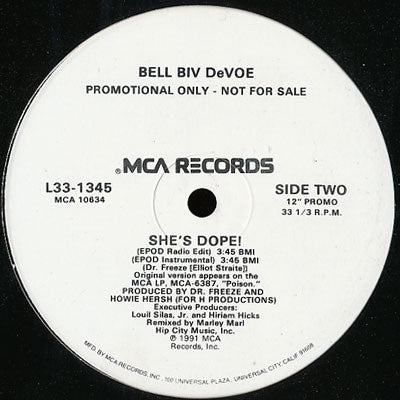- Free Shipping on Orders Over $99
- Up to 40% OFF on Selected Items
- 100% Secure Payment
Founded in 1967, MCA Records was one of the most influential record labels in the music industry. With a rich history and an impressive roster of artists, MCA Records played a pivotal role in shaping the landscape of popular music. In this article, we delve into the story behind MCA Records and explore its lasting impact.
MCA Records, short for Music Corporation of America, was established as a result of the merger between American Decca Records and the Universal Pictures film studio. This groundbreaking merger brought together the worlds of music and film, creating a record label with immense potential.
Under the leadership of its founding president, Mike Maitland, MCA Records quickly began signing talented artists across various genres. From rock and pop to country and R&B, the label aimed to cater to a diverse audience and establish itself as a powerhouse in the industry.
One of MCA Records’ greatest strengths was its ability to attract and nurture some of the most iconic artists of all time. The label boasted a roster that included legendary acts such as The Who, Elton John, Steely Dan, and Lynyrd Skynyrd.
These artists not only achieved commercial success but also pushed the boundaries of creativity and innovation. MCA Records provided them with a platform to experiment and grow artistically, resulting in timeless albums that continue to resonate with audiences today.
During the 1970s and 1980s, MCA Records played a significant role in shaping the sound of popular music. The label was at the forefront of releasing groundbreaking albums that became the soundtrack of a generation.
From The Who’s “Who’s Next” to Elton John’s “Goodbye Yellow Brick Road,” MCA Records consistently delivered albums that not only topped the charts but also became cultural touchstones. These records captured the spirit of the times and reflected the social and political climate of the era.

MCA Records was not only known for its exceptional roster of artists but also for its innovative marketing strategies. The label understood the importance of creating a strong brand identity and effectively promoting its artists.
One notable example of MCA Records’ marketing prowess was its “The Sound of ’77” campaign. This campaign highlighted the label’s diverse range of artists, showcasing their talent and capturing the attention of music enthusiasts worldwide.
As the music industry transitioned into the digital age, MCA Records faced new challenges and opportunities. The label adapted to the changing landscape by embracing digital distribution and exploring new avenues for promoting its artists.
MCA Records recognized the power of online platforms and social media in connecting artists with their fans. By leveraging these digital channels, the label continued to thrive and reach a global audience.
Although MCA Records ceased to exist as a standalone label in 2003 when it merged with Geffen Records and Interscope Records, its impact on the music industry cannot be understated.
The label’s commitment to artistic freedom, innovation, and diverse talent laid the foundation for future record labels. MCA Records set a standard of excellence and left an indelible mark on the industry that continues to inspire artists and music lovers alike.
MCA Records, with its rich history and groundbreaking artists, remains a significant force in the music industry. From its humble beginnings as a merger between American Decca Records and Universal Pictures to its enduring legacy, the label has left an indelible mark on the world of music.
Through its exceptional roster of artists, innovative marketing strategies, and ability to capture the spirit of the times, MCA Records continues to be remembered as a pioneer in the industry. Its influence and contributions will forever be celebrated as part of the fabric of popular music.